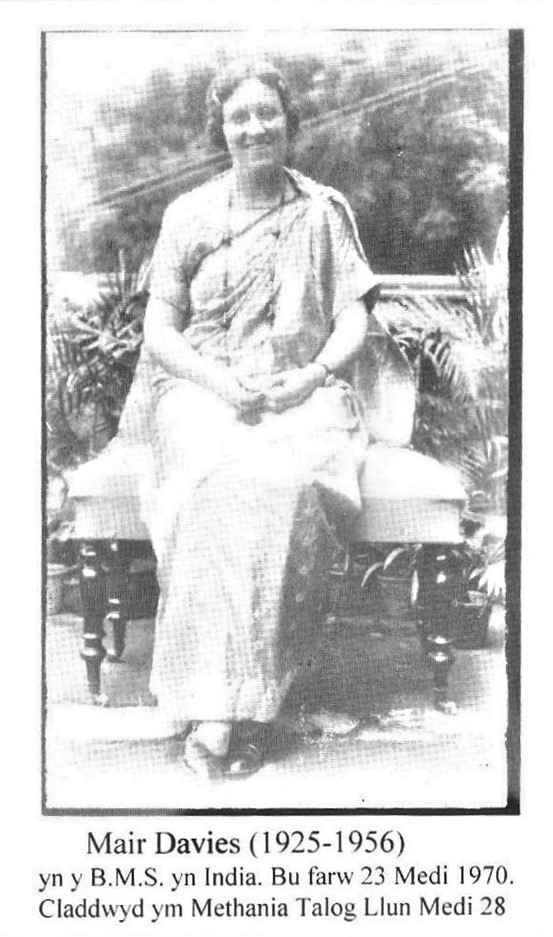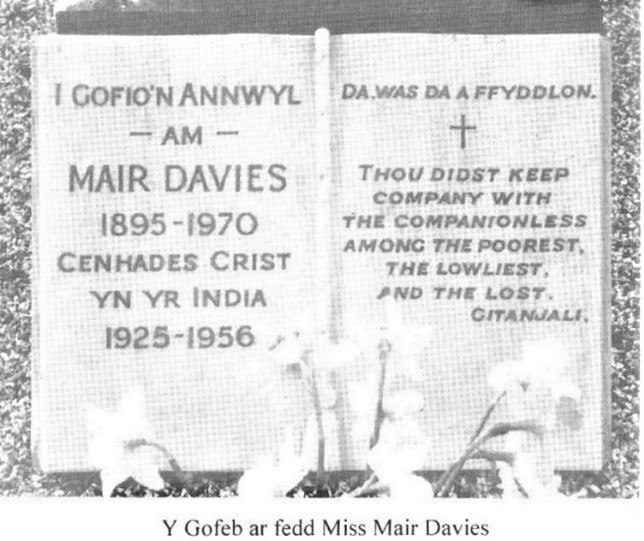Taken from https://ww1.wales/post-ww2-war-memorials
William Jones, Private, King’s Shropshire Light Infantry. William resided at Cwmcarn, Talog. He served with the 2nd Battalion, King’s Shropshire Light Infantry, which had served during the war attached to 80 Brigade, 27th Division. After the Armistice, the battalion was sent to Fermoy, in Southern Ireland. On Sunday 7 September 1919, William was one of a group of soldiers who were heading to attend a Church Service, when several cars pulled up, and the soldiers were fired upon by Sinn Fein activists. William was killed by the gunfire, which struck him in the chest. A resulting court case refused to treat the incident as murder, which prompted a riot by other members of his battalion, who went on the rampage in Fermoy, causing damage to around sixty shops. William was buried with full military honours at Blaenycoed Congregational Chapelyard, Cynwyl Elfed. Presently he is commemorated on the Brookwood (United Kingdom 1914-1918) Memorial, England. His brother Evan had been killed during the Great War.
Evan Jones, Private, 202746, Welsh Regiment. Evan was the son of William and Elizabeth Jones, of Cwmcain, Talog, Carmarthen. At the outbreak of war, Evan was residing in Llandeilo, and he enlisted at Llanelli into the 9th Battalion, Welsh Regiment. The Battalion formed at Cardiff on 9 September 1914, and was attached to 58 Brigade, 19th (Western) Division, crossing to France in July 1915. It saw its first action at the Battle of Loos. They then moved to the Somme in 1916, and attacked on the second day of the Offensive, capturing the village of La Boisselle. In June 1917 the Division fought at the Battle of Messines, and throughout the Passchendaele offensive. That winter they moved to positions north east of Bapaume to rebuild and rest, but on 21 March 1918, the area was hit by the desperate German Spring Offensive, which was aimed at winning the war before the full power of the American Army could be organised and brought into action. The 19th Division suffered terrible casualties, and were moved to positions near Messines, south of Ypres, but they were hit here again when the Germans switched their attack to Flanders, and Evan was Killed in Action around the time of the Battle of Bailleul, on 16 April 1918, aged 22. He is commemorated on the Tyne Cot Memorial, Belgium.
James Jenkins, MM, Sergeant Major, 871225, Canadian Railway Troops. (Meidrim). James was born at Talog on 26 July 1880, the son of Mrs. A. Jones, later of Wolfscastle Inn, Llanfyrnach. He was working in Canada as a shell maker before the war, but enlisted at Winnipeg in February 1916, joining the Canadian Railway Company, earning the Military Medal in France.





